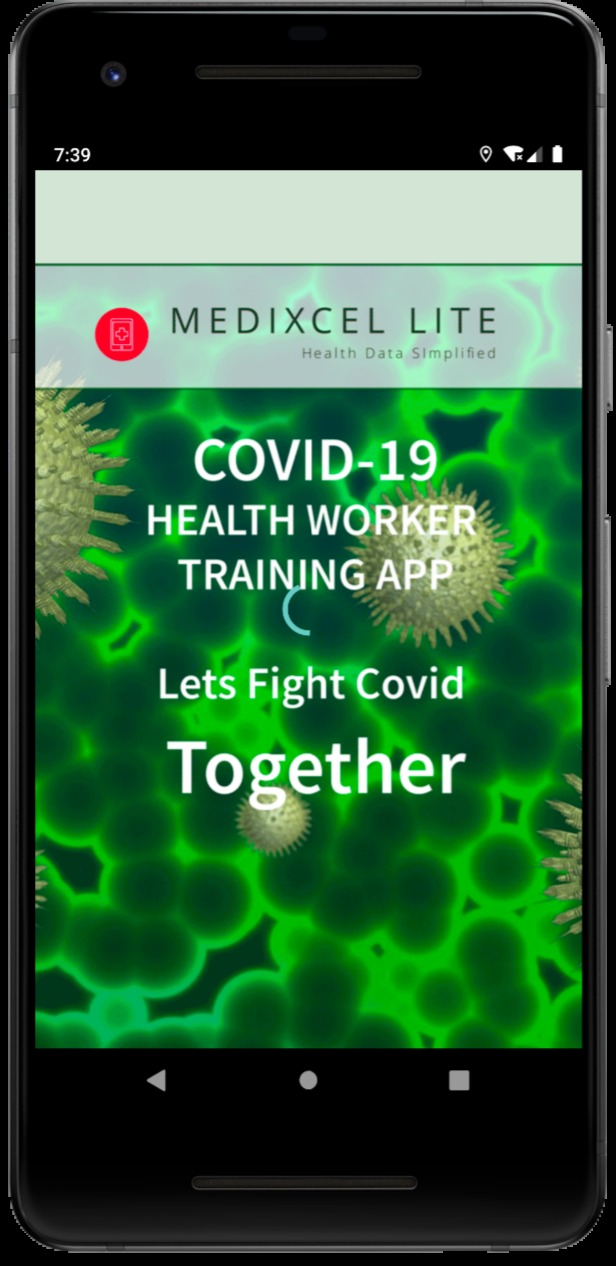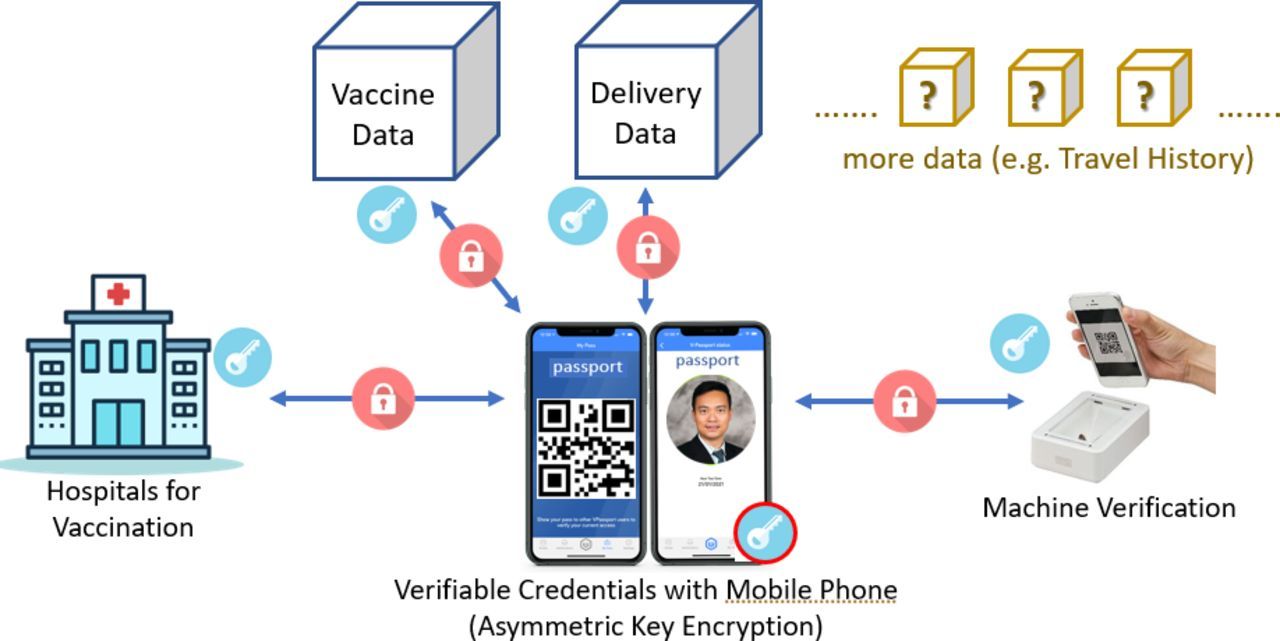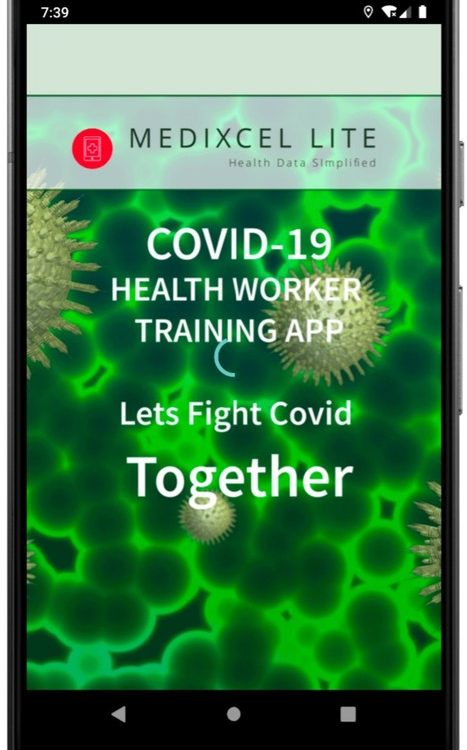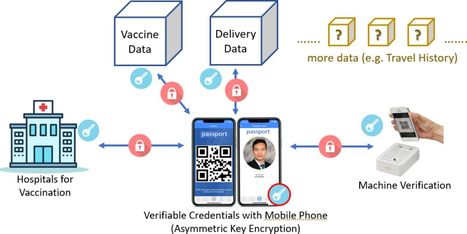Pharmageek

Contact tracing aims to avoid transmission by isolating, at an early stage, only those individuals who are infectious or potentially infectious, to minimize the societal costs associated with isolation. Considerable resources are therefore directed at improving surveillance capacities to allow efficient and rapid investigation and isolation of cases and their contacts. To enhance tracing capacities, the use of digital technologies has been proposed, leveraging the widespread use of smartphones. Therefore, proximity-sensing applications have been designed and made available to automatically trace contacts, notify users about potential exposure to COVID-19, and invite them to isolate.
The efficacy of digital contact tracing against coronavirus disease 2019 (COVID-19) epidemic is debated: Smartphone penetration is limited in many countries, with low coverage among the elderly, the most vulnerable to COVID-19.
Quantifying the impact of digital contact tracing is essential to envision this strategy within a wider response plan against the COVID-19 epidemic.
We modeled this intervention together with household isolation assuming a 50% detection of clinical cases. In a scenario of high transmissibility (R = 2.6), we found that household isolation by itself would produce a reduction in peak incidence of 27%, while the inclusion of digital contact tracing could increase this effect by 30% for a reasonably achievable app adoption (~20% of the population) and by 144% for a large-scale app adoption (~60%). At a moderate transmissibility level (R = 1.7), the app would substantially damp transmission (36 to 89% peak incidence reduction for increasing app adoption), bringing the epidemic to manageable levels if adopted by 32% of the population or more.
The app-based tracing and household isolation have different effects across settings, the first intervention efficiently preventing transmissions at work that are not well targeted by the second.
Moreover, app-based contact tracing also yields a protection for the elderly despite the lower penetration of smartphones in this age category.
These results may inform the inclusion of digital contact tracing within a COVID-19 response plan.
read the study at https://advances.sciencemag.org/content/7/15/eabd8750
Lire l'article complet sur : advances.sciencemag.org

Patient travel history can be crucial in evaluating evolving infectious disease events. Such information can be challenging to acquire in electronic health records, as it is often available only in unstructured text.
Objective: This study aims to assess the feasibility of annotating and automatically extracting travel history mentions from unstructured clinical documents in the Department of Veterans Affairs across disparate health care facilities and among millions of patients. Information about travel exposure augments existing surveillance applications for increased preparedness in responding quickly to public health threats.
Methods: Clinical documents related to arboviral disease were annotated following selection using a semiautomated bootstrapping process. Using annotated instances as training data, models were developed to extract from unstructured clinical text any mention of affirmed travel locations outside of the continental United States. Automated text processing models were evaluated, involving machine learning and neural language models for extraction accuracy.
Results: Among 4584 annotated instances, 2659 (58%) contained an affirmed mention of travel history, while 347 (7.6%) were negated. Interannotator agreement resulted in a document-level Cohen kappa of 0.776. Automated text processing accuracy (F1 85.6, 95% CI 82.5-87.9) and computational burden were acceptable such that the system can provide a rapid screen for public health events.
Conclusions: Automated extraction of patient travel history from clinical documents is feasible for enhanced passive surveillance public health systems.
Without such a system, it would usually be necessary to manually review charts to identify recent travel or lack of travel, use an electronic health record that enforces travel history documentation, or ignore this potential source of information altogether.
The development of this tool was initially motivated by emergent arboviral diseases. More recently, this system was used in the early phases of response to COVID-19 in the United States, although its utility was limited to a relatively brief window due to the rapid domestic spread of the virus.
Such systems may aid future efforts to prevent and contain the spread of infectious diseases.
read the study at https://publichealth.jmir.org/2021/3/e26719
Lire l'article complet sur : publichealth.jmir.org

L'Institut Pasteur et IBM collaborent pour trouver un antiviral capable d'empêcher le virus du SARS-CoV-2 de pénétrer dans les cellules des muqueuses respiratoires humaines. Pour accélérer cette découverte, ils misent sur deux systèmes utilisant l'IA : Deep Search permet d'automatiser l'extraction de données importantes dans des publications scientifiques tandis que InDeep est capable de prédire le potentiel de fixation d'un futur médicament sur une protéine.
Lire l'article complet sur : www.usine-digitale.fr

As vaccination programmes are gradually launched by various jurisdictions, post-trial surveillance with real-world evidence is of utter importance for close monitoring of their safety and effectiveness. This paper introduces a vaccine passport concept implemented with blockchain technology. In the following, the methods of contact tracing and vaccine efficacy monitoring with intact personal privacy protection will be discussed.
Vaccine passports with health records
Data are an indispensable and valuable commodity in dealing with global health crises. The COVID-19 pandemic, a global public health emergency as declared by the WHO on 30 January 2020, has highlighted the importance of health data sharing. Data sharing at the early phase of an outbreak enabled healthcare professionals, researchers and policy makers in mastering information required for formulating strategies. Trusted dissemination channels are primarily government official records, peer-reviewed journals and authorised open online databases. Capitalising on these dissemination channels, governments and global scholars share important information for public health measures, from release of full viral genome sequences, pathological features and clinical phases of COVID-19 presentations, to development of diagnostic tests and potential medications, and potential therapeutic and prophylactic agents,to name but a few. Contact tracing is a vital strategy in finding out potential and hidden cases. A convincing showcase was made by Taiwan, where the authorities have used PCR alongside contact tracing in assessing the COVID-19’s transmission dynamics from the initial 100 confirmed cases This approach has much contributed to Taiwan’s success in keeping its health system intact with less than 900 cases even after a year into the pandemic.
Aside from contact tracing for infected patients, daily monitoring among community dwellers could be useful in infection control and resumption of normal social activities. Vaccine passports and digital contact tracing applications (apps) could be widely adopted in recording personal health profiles, contacts, and more importantly vaccination status in later stages. Inevitably, the concept of a vaccine passport led to a heated debate among people from all walks of life over its scientific evidence and ethical concerns.
Application of blockchain
Data sharing as an infection control measure only works on wide acceptance and adoption among citizens. Invariably, data security and integrity would come to the spotlight regarding data access and sharing issues; apart from data storage infrastructure, non-functional requirements such as availability, confidentiality and integrity are also fundamental to data storage, communication and mobilisation. Availability refers to the organised input of required data. Confidentiality is tantamount to authentic data access and usage authorisation, while data integrity ensures data safety against breaches.
Electronic health records and personal health records account for an immense portion of data in this digital era, with a 46% growth in 5 years. Nevertheless, solutions for data protection remain limited, primarily stored via content management system with encryption, in designated host servers. According to the Department of Health and Human Services of the USA, at least 3054 healthcare data infringements were observed from 2009 to 2019, involving leakage of 230 954 151 electronic medical records.A solution for data sharing with robust privacy protection is of paramount importance as well as urgently needed, and blockchain technology seems to be a qualified candidate.
Vaccine passport, as a form of portable health data, with adoption of blockchain technology, can be a promising tool for health monitoring and alerts while protecting personal privacy.
more at https://innovations.bmj.com/content/7/2/337
Lire l'article complet sur : innovations.bmj.com





